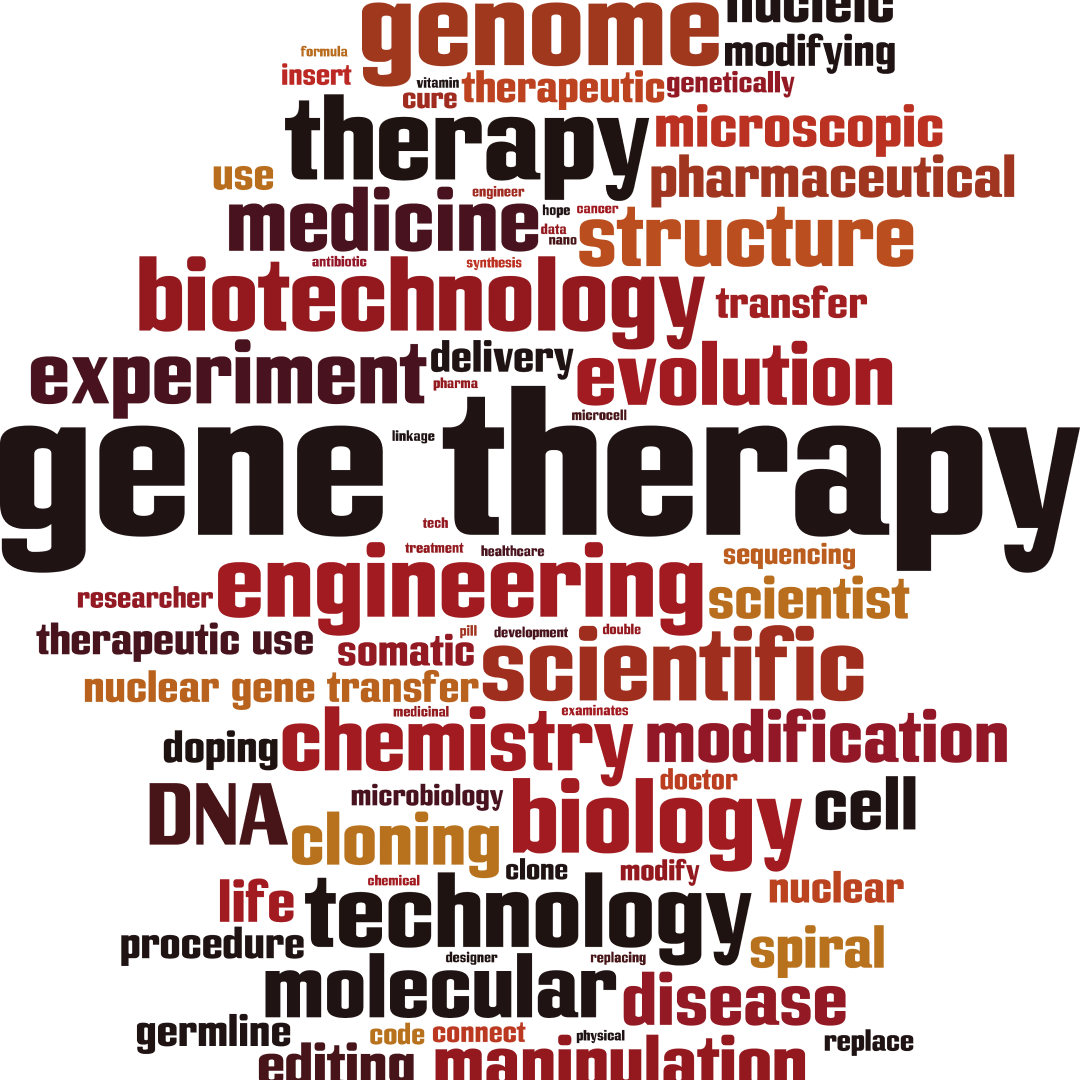
Gene therapy appears to slow Huntington’s disease progression
On Sept. 24, 2025, a global clinical trial for a new Huntington’s disease treatment has posted positive results, announced by trial sponsor uniQure and University of College London scientists.
The researchers found that patients receiving the treatment experienced 75% less progression of the disease overall, compared to a matched cohort of people with Huntington’s who were not receiving the treatment. This is the first time a drug trial has reported continuing, statistically significant slowing of Huntington’s progression.
uniQure plans to submit an application to the US Food and Drug Administration early next year requesting accelerated approval to market the drug, with applications in the UK and Europe to follow.
Huntington’s disease is a fatal neurodegenerative disease caused by a single genetic mutation. People with an affected parent have a 50% chance of inheriting the mutation, meaning they will develop disease symptoms – typically in mid-adulthood – affecting their movement, thinking and behaviour. About 8,000 people in the UK are currently living with Huntington’s disease.
Huntington’s disease is caused by the HTT gene, which tells our cells to make a protein called huntingtin. In its harmful form in people with the disease, this is called mutant huntingtin, and causes mounting damage to the brain over years.
AMT-130 is a gene therapy that permanently introduces new functional DNA into a person’s cells. It consists of particles of a harmless, empty virus, plus a set of instructions encoded in custom-made DNA. The virus is injected directly into a part of the brain called the striatum which is particularly vulnerable in Huntington’s disease. This is done using a highly complex neurosurgical technique called stereotactic surgery, in which tiny tubes called catheters are guided to the right part of the brain, supported by live MRI images. Once in the brain, the virus particles enter the neurons and release the DNA cargo.
The AMT-130 DNA becomes a permanent addition to the neuron. It contains a set of instructions for making a molecule of RNA which has been designed to bind to the RNA that is produced when a cell is making the huntingtin protein. When AMT-130 RNA binds to the cell’s own huntingtin RNA, it summons an enzyme to destroy it. As a result, the huntingtin message is deleted and less of the protein is made – permanently. It is expected that a single dose of AMT-130 would last for a person’s whole life.
Tags:
Source: University of London
Credit:
